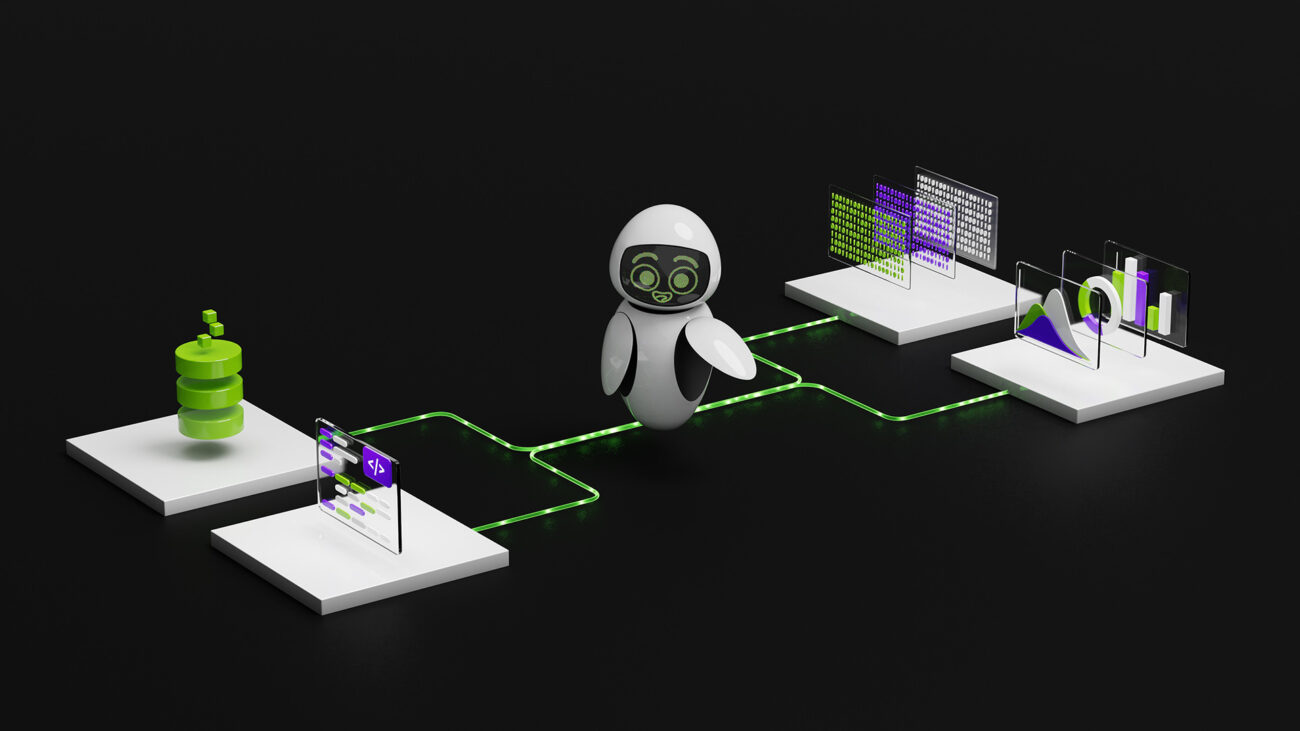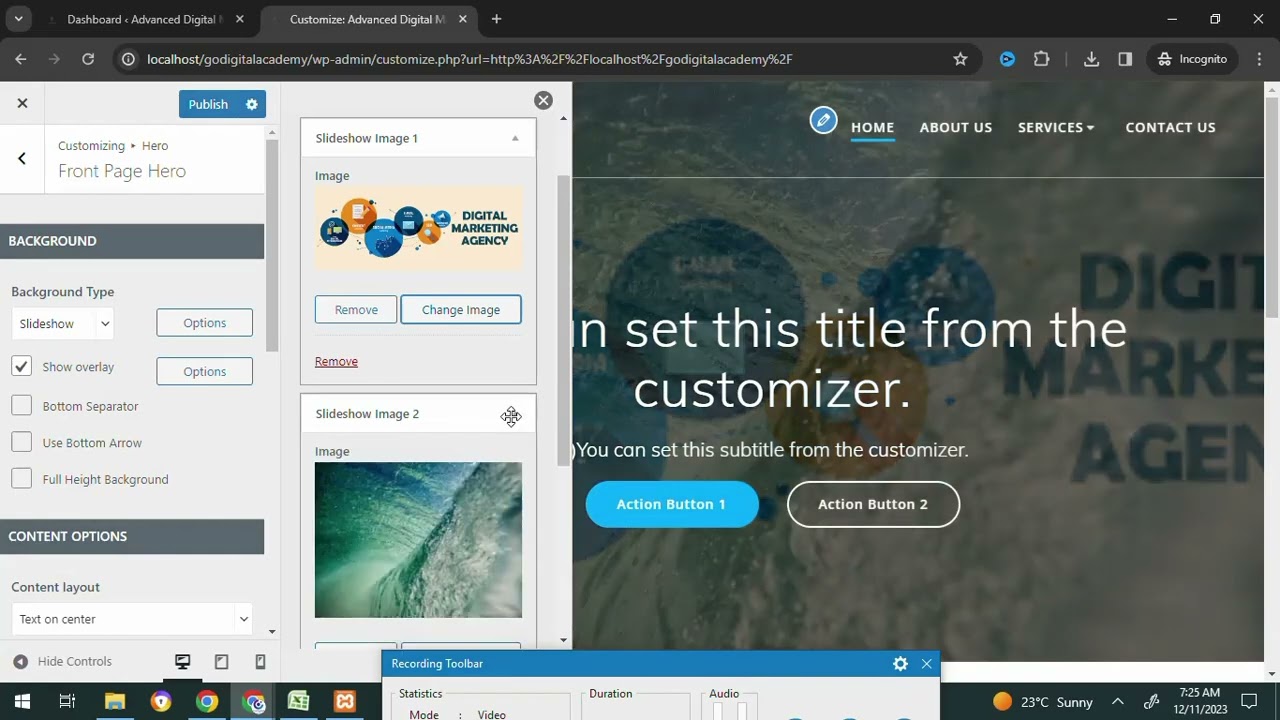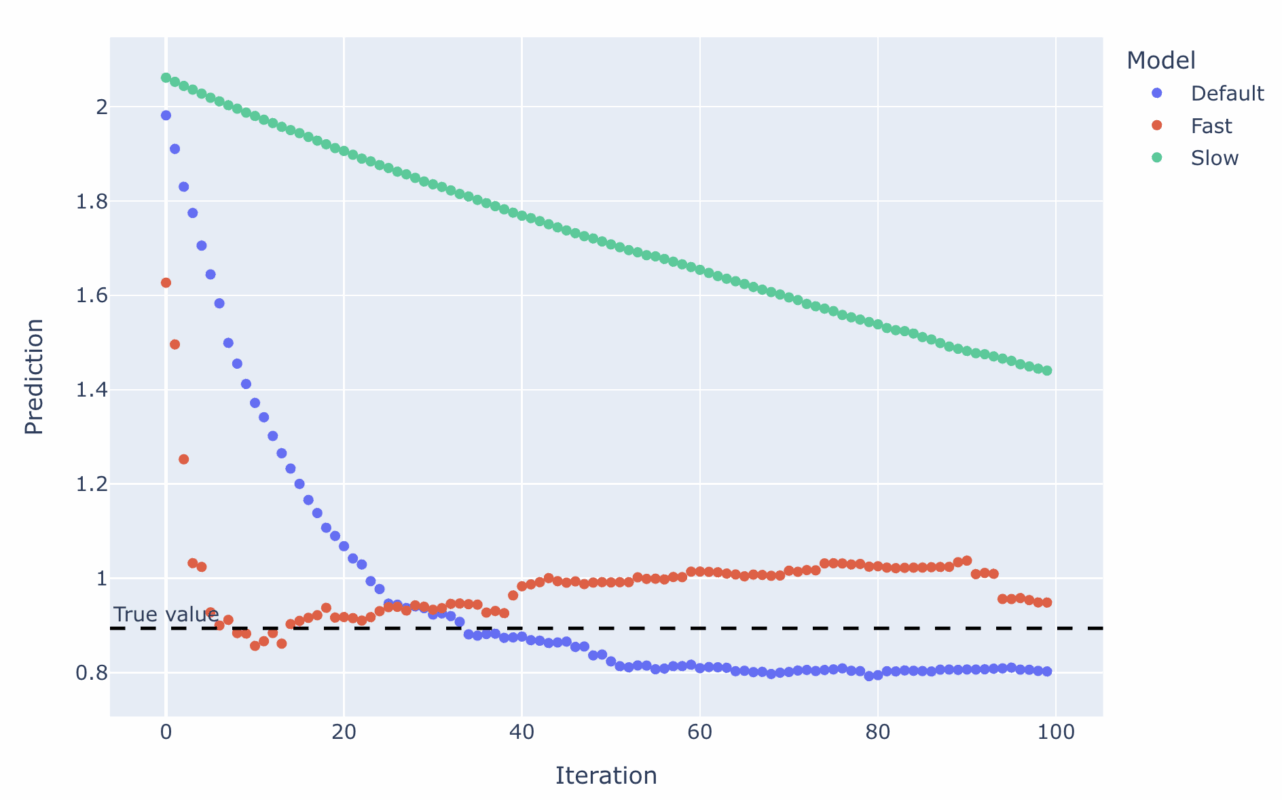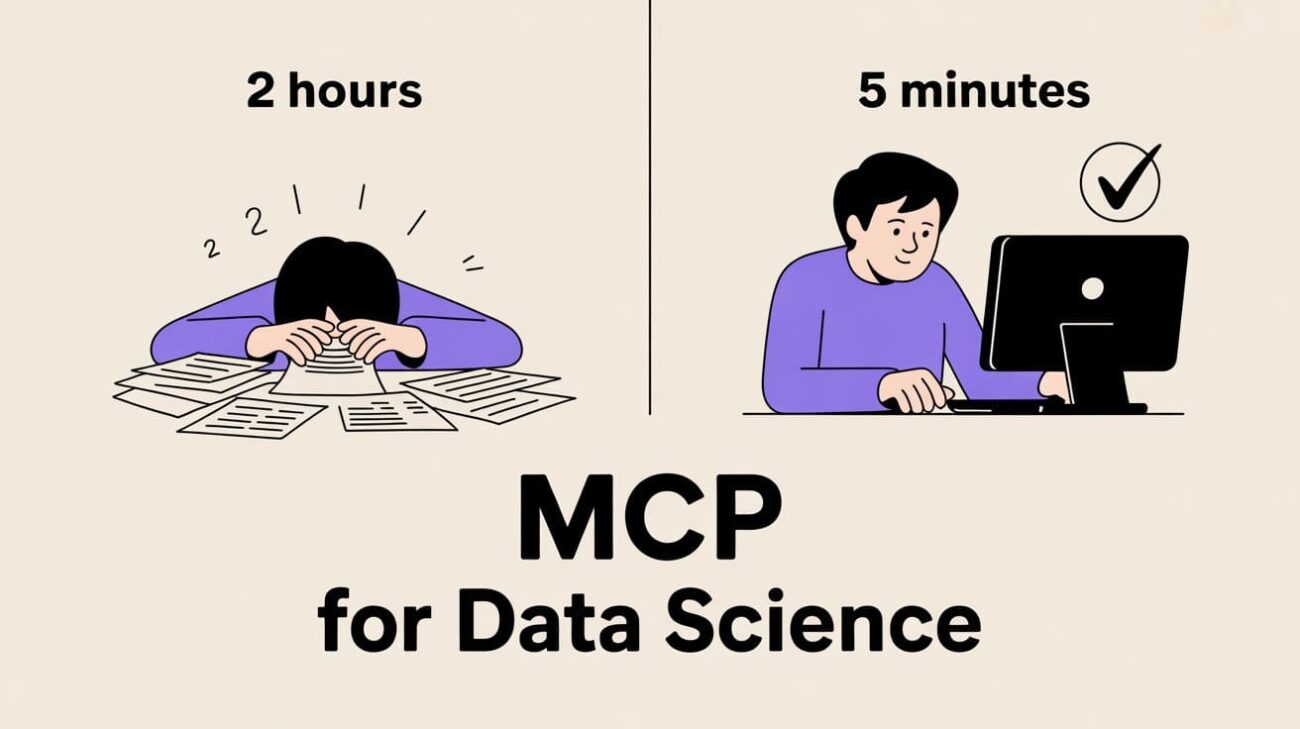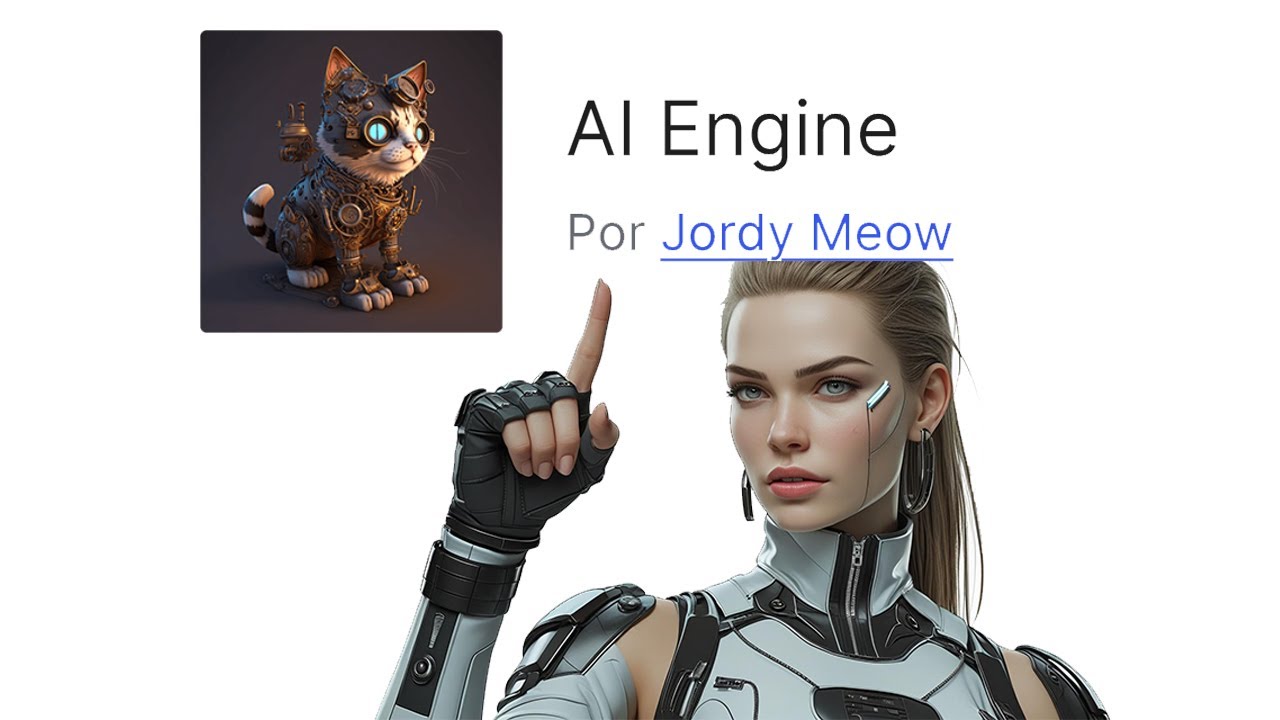Blog
The Evolving Landscape of WordPress Development: How Cursor AI is Changing the Game
WordPress powers over 40% of all websites globally, making it the backbone of modern digital experiences. Yet, creating and maintaining a WordPress site requires a mix of coding expertise, design intuition, and time—resources many developers and businesses find scarce. Enter Cursor AI, an emerging tool designed to streamline the development process. But does it truly deliver? Let’s dive into how this AI-driven assistant impacts WordPress workflows and whether it’s worth integrating into your toolkit.
What is Cursor AI, and How Does It Fit Into WordPress?
Cursor AI is an intelligent coding assistant that leverages machine learning to assist developers in writing, debugging, and optimizing code. Unlike generic code generators, it integrates directly with popular code editors, offering real-time suggestions tailored to your project. For WordPress developers—a community often juggling PHP, JavaScript, CSS, and plugin integrations—Cursor AI promises to reduce manual effort, minimize errors, and accelerate project timelines.
At its core, Cursor AI acts as a collaborative partner:
- Code Autocompletion: Predicts and completes lines of code based on context.
- Bug Detection: Flags syntax errors and logic flaws before they escalate.
- Documentation: Provides instant access to WordPress-specific syntax, hooks, and API references.
This combination of features positions it as a potential game-changer for both novice developers and seasoned professionals.
Key Features of Cursor AI for WordPress Projects
1. Context-Aware Code Suggestions
Cursor AI analyzes your existing codebase and project structure to offer hyper-relevant suggestions. For example, when building a custom WordPress theme, the tool can recommend appropriate template tags, hooks like add_action() or add_filter(), or even generate boilerplate code for widget creation. This reduces the need to pause and manually search through documentation.
2. Real-Time Debugging Assistance
PHP errors, JavaScript conflicts, and compatibility issues with plugins/themes are common WordPress headaches. Cursor AI scans your code as you write, identifying mistakes like missing semicolons, undefined variables, or deprecated functions. It also suggests fixes, helping you resolve issues before they disrupt functionality.
3. Seamless Integration with WordPress Standards
The tool is trained on WordPress coding standards, ensuring compliance with best practices for security, performance, and maintainability. Whether you’re writing a custom plugin or modifying a theme’s functions.php file, Cursor AI guides you toward clean, optimized code that aligns with community guidelines.
4. Automated Documentation Generation
Writing documentation is often an afterthought in fast-paced projects. Cursor AI generates inline comments or function descriptions automatically, making it easier for teams to collaborate and maintain code long-term.
The Pros and Cons of Using AI in WordPress Development
While Cursor AI introduces significant advantages, it’s essential to weigh its benefits against potential limitations:
Advantages
- Faster Development Cycles: Automating repetitive tasks cuts hours off coding, testing, and debugging.
- Lower Learning Curve: New developers can navigate WordPress complexities with AI-guided support.
- Enhanced Code Quality: Consistent adherence to best practices reduces technical debt.
- Focus on Creativity: Developers reclaim time to prioritize innovative features over mundane tasks.
Challenges
- Over-Reliance Risk: Dependence on AI may hinder the development of problem-solving skills for beginners.
- Context Limitations: While powerful, AI might misinterpret unique project requirements without human oversight.
- Compatibility Checks: The tool may not always account for third-party plugin conflicts or hosting-specific issues.
Practical Applications: Where Cursor AI Shines in WordPress Workflows
To gauge its effectiveness, let’s examine real-world scenarios where Cursor AI adds value:
1. Building Custom Plugins
Developing a plugin from scratch involves structuring files, writing PHP classes, and integrating with WordPress APIs. Cursor AI accelerates this by:
- Generating skeleton code for plugins.
- Recommending secure practices for data sanitization and validation.
- Offering examples for REST API endpoint creation.
2. Theme Customization
Whether adjusting CSS for responsiveness or modifying theme templates, Cursor AI helps by:
- Providing Tailwind or vanilla CSS suggestions based on existing styles.
- Identifying unused code that’s slowing down your site.
- Recommending WordPress-specific functions like
get_template_part()orwp_enqueue_script().
3. Troubleshooting and Optimization
For legacy sites plagued by slow load times or PHP errors, Cursor AI can:
- Pinpoint inefficient database queries.
- Suggest caching strategies or lazy loading implementations.
- Replace deprecated functions with modern equivalents.
Addressing Skepticism: Is Cursor AI Reliable Enough?
Critics argue that AI tools lack the nuance required for complex WordPress projects. However, Cursor AI’s iterative learning model means it evolves with your feedback. While it won’t replace human developers, it serves as a force multiplier—handling grunt work so you can focus on strategic decisions.
A 2023 survey by WPEngine found that 62% of developers using AI tools reported faster project delivery. Cursor AI’s role in such outcomes hinges on proper implementation:
- Use it to handle repetitive tasks, not to make architectural decisions.
- Always review AI-generated code for alignment with project goals.
- Combine its outputs with tools like PHPCS for WordPress to ensure compliance.
The Future of AI in WordPress Development
Cursor AI is part of a broader trend toward AI-augmented development. Future iterations could include:
- Cross-Platform Compatibility: Streamlining workflows for headless WordPress setups or block editor development.
- Predictive Analytics: Anticipating performance bottlenecks based on code patterns.
- Collaboration Features: Allowing teams to share AI-generated code snippets within repositories.
As WordPress continues to dominate the CMS market, tools like Cursor AI will play a pivotal role in keeping development efficient and accessible.
Final Verdict: Should You Try Cursor AI for WordPress?
The answer depends on your needs:
- For Agencies: Cursor AI can scale your operations by handling routine coding tasks, enabling your team to take on more clients.
- For Freelancers: Reduce burnout by automating low-value work and delivering projects faster.
- For Beginners: Gain confidence by learning through AI-guided examples and error resolution.
While not flawless, Cursor AI’s strengths in code efficiency, debugging, and standards compliance make it a worthwhile addition to most WordPress workflows. Like any tool, its effectiveness grows when paired with human expertise—proving that AI isn’t here to replace developers, but to empower them.
By embracing AI assistants like Cursor AI, the WordPress community can tackle the growing demands of web development without sacrificing quality or creativity. The key lies in striking a balance—leveraging automation where it excels while retaining the human touch that makes websites truly unique.
Elementor Pro
In stock
PixelYourSite Pro
In stock
Rank Math Pro
In stock
Related posts
Build a Report Generator AI Agent with NVIDIA Nemotron on OpenRouter
Word Press Day-3 How to add the Slideshow images and Top Bar and Editing the Home Page #godigital
Oracle Shares Surge 36% on AI Demand, Adding $244B Market Value
Top 5 AI Plugins That Will Change WordPress in 2025! 🚀 #websitesetup #websitedomain
A Visual Guide to Tuning Gradient Boosted Trees
Here’s How I Built an MCP to Automate My Data Science Job
🔐Miss Genève 🌩️🌝🦅 ⚕️📿Wix and Word Press. Ads, Websites Developer. Marketers, Marketing experts,
AI Engine: o Melhor Plugin de Inteligência Artificial Grátis para WordPress – ChatGPT – OpenAI
AT&T Scales Back Office Surveillance After Employee Frustration
You Only Need 3 Things to Turn AI Experiments into AI Advantage
Gohighlevel’s mega menu feature breakdown in 3 minutes
Trump’s 2025 Bill Delivers $40B Boost to Fossil Fuel Industry
Products
-
 Rayzi : Live streaming, PK Battel, Multi Live, Voice Chat Room, Beauty Filter with Admin Panel
Rayzi : Live streaming, PK Battel, Multi Live, Voice Chat Room, Beauty Filter with Admin Panel
$98.40Original price was: $98.40.$34.44Current price is: $34.44.In stock
-
 Team Showcase – WordPress Plugin
Team Showcase – WordPress Plugin
$53.71Original price was: $53.71.$4.02Current price is: $4.02.In stock
-
 ChatBot for WooCommerce – Retargeting, Exit Intent, Abandoned Cart, Facebook Live Chat – WoowBot
ChatBot for WooCommerce – Retargeting, Exit Intent, Abandoned Cart, Facebook Live Chat – WoowBot
$53.71Original price was: $53.71.$4.02Current price is: $4.02.In stock
-
 FOX – Currency Switcher Professional for WooCommerce
FOX – Currency Switcher Professional for WooCommerce
$41.00Original price was: $41.00.$4.02Current price is: $4.02.In stock
-
 WooCommerce Attach Me!
WooCommerce Attach Me!
$41.00Original price was: $41.00.$4.02Current price is: $4.02.In stock
-
 Magic Post Thumbnail Pro
Magic Post Thumbnail Pro
$53.71Original price was: $53.71.$3.69Current price is: $3.69.In stock
-
 Bus Ticket Booking with Seat Reservation PRO
Bus Ticket Booking with Seat Reservation PRO
$53.71Original price was: $53.71.$4.02Current price is: $4.02.In stock
-
 GiveWP + Addons
GiveWP + Addons
$53.71Original price was: $53.71.$3.85Current price is: $3.85.In stock
-
 ACF Views Pro
ACF Views Pro
$62.73Original price was: $62.73.$3.94Current price is: $3.94.In stock
-
 Kadence Theme Pro
Kadence Theme Pro
$53.71Original price was: $53.71.$3.69Current price is: $3.69.In stock
-
 LoginPress Pro
LoginPress Pro
$53.71Original price was: $53.71.$4.02Current price is: $4.02.In stock
-
 ElementsKit – Addons for Elementor
ElementsKit – Addons for Elementor
$53.71Original price was: $53.71.$4.02Current price is: $4.02.In stock
-
 CartBounty Pro – Save and recover abandoned carts for WooCommerce
CartBounty Pro – Save and recover abandoned carts for WooCommerce
$53.71Original price was: $53.71.$3.94Current price is: $3.94.In stock
-
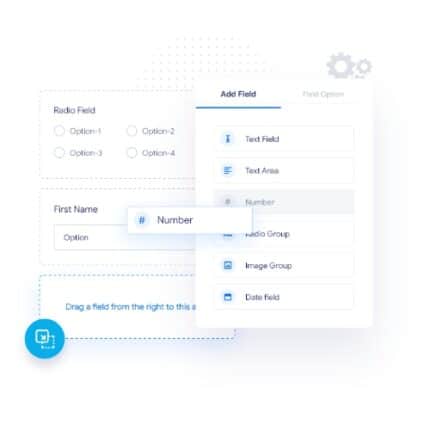 Checkout Field Editor and Manager for WooCommerce Pro
Checkout Field Editor and Manager for WooCommerce Pro
$53.71Original price was: $53.71.$3.94Current price is: $3.94.In stock
-
 Social Auto Poster
Social Auto Poster
$53.71Original price was: $53.71.$3.94Current price is: $3.94.In stock
-
 Vitepos Pro
Vitepos Pro
$53.71Original price was: $53.71.$12.30Current price is: $12.30.In stock
-
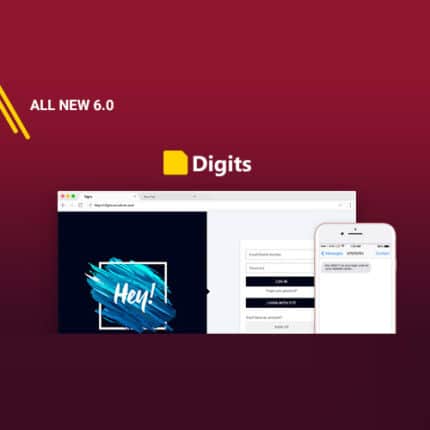 Digits : WordPress Mobile Number Signup and Login
Digits : WordPress Mobile Number Signup and Login
$53.71Original price was: $53.71.$3.94Current price is: $3.94.In stock
-
 JetEngine For Elementor
JetEngine For Elementor
$53.71Original price was: $53.71.$3.94Current price is: $3.94.In stock
-
 BookingPress Pro – Appointment Booking plugin
BookingPress Pro – Appointment Booking plugin
$53.71Original price was: $53.71.$3.94Current price is: $3.94.In stock
-
 Polylang Pro
Polylang Pro
$53.71Original price was: $53.71.$3.94Current price is: $3.94.In stock
-
 All-in-One WP Migration Unlimited Extension
All-in-One WP Migration Unlimited Extension
$53.71Original price was: $53.71.$3.94Current price is: $3.94.In stock
-
 Slider Revolution Responsive WordPress Plugin
Slider Revolution Responsive WordPress Plugin
$53.71Original price was: $53.71.$4.51Current price is: $4.51.In stock
-
 Advanced Custom Fields (ACF) Pro
Advanced Custom Fields (ACF) Pro
$53.71Original price was: $53.71.$3.94Current price is: $3.94.In stock
-
 Gillion | Multi-Concept Blog/Magazine & Shop WordPress AMP Theme
Rated 4.60 out of 5
Gillion | Multi-Concept Blog/Magazine & Shop WordPress AMP Theme
Rated 4.60 out of 5$53.71Original price was: $53.71.$5.00Current price is: $5.00.In stock
-
 Eidmart | Digital Marketplace WordPress Theme
Rated 4.70 out of 5
Eidmart | Digital Marketplace WordPress Theme
Rated 4.70 out of 5$53.71Original price was: $53.71.$5.00Current price is: $5.00.In stock
-
 Phox - Hosting WordPress & WHMCS Theme
Rated 4.89 out of 5
Phox - Hosting WordPress & WHMCS Theme
Rated 4.89 out of 5$53.71Original price was: $53.71.$5.17Current price is: $5.17.In stock
-
 Cuinare - Multivendor Restaurant WordPress Theme
Rated 4.14 out of 5
Cuinare - Multivendor Restaurant WordPress Theme
Rated 4.14 out of 5$53.71Original price was: $53.71.$5.17Current price is: $5.17.In stock
-
 Eikra - Education WordPress Theme
Rated 4.60 out of 5
Eikra - Education WordPress Theme
Rated 4.60 out of 5$62.73Original price was: $62.73.$5.08Current price is: $5.08.In stock
-
 Tripgo - Tour Booking WordPress Theme
Rated 5.00 out of 5
Tripgo - Tour Booking WordPress Theme
Rated 5.00 out of 5$53.71Original price was: $53.71.$4.76Current price is: $4.76.In stock
-
 Subhan - Personal Portfolio/CV WordPress Theme
Rated 4.89 out of 5
Subhan - Personal Portfolio/CV WordPress Theme
Rated 4.89 out of 5$53.71Original price was: $53.71.$4.76Current price is: $4.76.In stock





